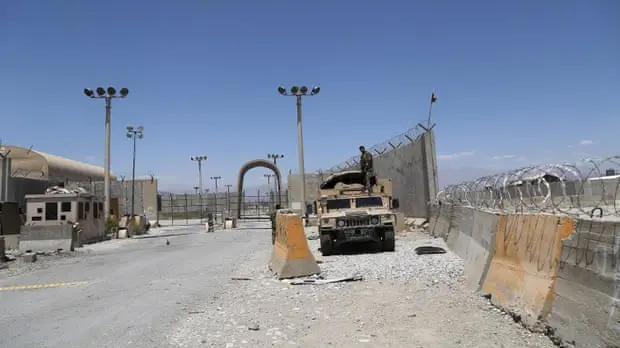(NHAN DAN ONLINE)The 10th session of the 13th National Assembly wrapped up on November 27 after over one month of work in a serious and responsible manner. The NA successfully fulfilled the entire agenda, including a significant volume of important content. Legislators reached consensus and commented on the country’s situation as well as its socio-economic performance over the past years, while promulgating new laws and making decisions on many other important issues.
The 10th session took place as the national socio-economic situation is seeing positive transformations and continuing to record significant outcomes, including stable economic development with greater growth; boosted economic restructuring associated with a shifting growth model; ensured social welfare ensured and improving livelihoods; a continuously strengthened legal system; ensured political security and social order; and national independence and sovereignty safeguarded.
During the meeting, the NA spent a significant amount of time implementing lawmaking work. Legislators examined and passed 16 laws and several resolutions, while commenting on 10 other draft laws. The prompt issuance of laws in line with the session’s agenda has contributed to strengthening the market economy institution, ensuring the unity of the legal system, and meeting the requirements of national integration and development. Many important draft laws address protection of human rights and citizenship, and the shortcomings and limitations of the State apparatus; and ensure synchronism of adjustments to its functions and tasks, such as the revised Civil Code, the revised Criminal Code, the revised Civil Procedure Code, the revised Criminal Procedure Code, the revised Administrative Procedure Code, the Law on Supervisory Activities of the NA and People’s Council, and the Law on Referendum. The NA also discussed and examined the future issuance of several laws of public concern such as the Law on Associations, the amended Law on Media, and the Law on Access to Information.
For the first time ever, the NA conducted a direct question-and-answer (Q&A) session with leaders of State agencies, the prime minister, deputy PMs and NA Chairman on implementing NA resolutions on specialised supervision and Q&A activities since the outset of the 13th tenure in 2011 until present. It was an occasion for the NA to review the real outcomes of supervision and Q&A activities during the past tenure and draw necessary lessons to continue strengthening this important function. The Q&A session received attention and support from people and voters across the country for being straightforward and constructive. The NA conducted specialised supervision over the implementation of policies on land use and management at plantations and state forestry enterprise in the 2004-2014 period, and issued a resolution on this significant discipline. The supervision activities will continue to be renovated towards focusing on resolving specific issues of public concern.
Regarding socio-economic development, NA deputies openly pointed out weaknesses and shortcomings, including the economy’s poor quality, efficiency, competitiveness and international integration; difficulties in agricultural production and exports of farming products; unreasonable budget structure with a high deficit, increasing public debt and high repayment pressure; slow restructuring in several sectors; unsatisfied administrative reforms and fight against corruption and thrift; and the situation of crime and social order. From this, the NA highlighted the need for joint efforts of the entire political system and support from all classes of people in society in order to produce synchronous solutions to these pressing issues, while asking the government to focus on implementing important tasks and measures: boosting realisation of strategic breakthroughs; improving productivity and competitiveness of the economy; effectively managing and using natural resources; proactively combating natural calamities, responding to climate change and protecting the environment; enhancing cultural development, educational renovation, and people’s lives; combating corruption; and resolutely working for national peace and safeguarding national sovereignty.
Many other important issues of the country were thoroughly and responsibly addressed at the 10th meeting, including discussing draft documents to be submitted to the 12th National Party Congress with big orientations for socio-economic development from 2016 to 2020; electing the president of the National Election Council (NEC), approving Vice Presidents and members of the NEC, and deciding the date for election of deputies to the 14th NA and People’s Councils at all levels for the 2016-2021 tenure; passing a resolution on continuing to implement NA resolutions on specialised supervision and Q&A activities and asking the Prime Minister and his cabinet to effectively fulfill their pledges on responsibilities; passing a resolution on State budget estimate for 2015; and approving investment policy for national target programmes for 2016-2020 period.
2016 will be the first year of the implementation of the Resolution of the 12th National Party Congress and the five-year socio-economic development plan for the 2016-2020 period. In its resolution, the NA has identified a master socio-economic goal of maintaining economic stability, striving for greater growth, improving the quality of growth, and ensuring sustainable development. With deep belief in the success of the 10th session, all sectors, localities and people will promote their patriotism and utilise opportunities to effectively implement socio-economic development tasks for 2016, while promptly putting the NA-approved laws and resolutions into reality towards the country’s extensive and intensive international integration.
 简体中文
简体中文



